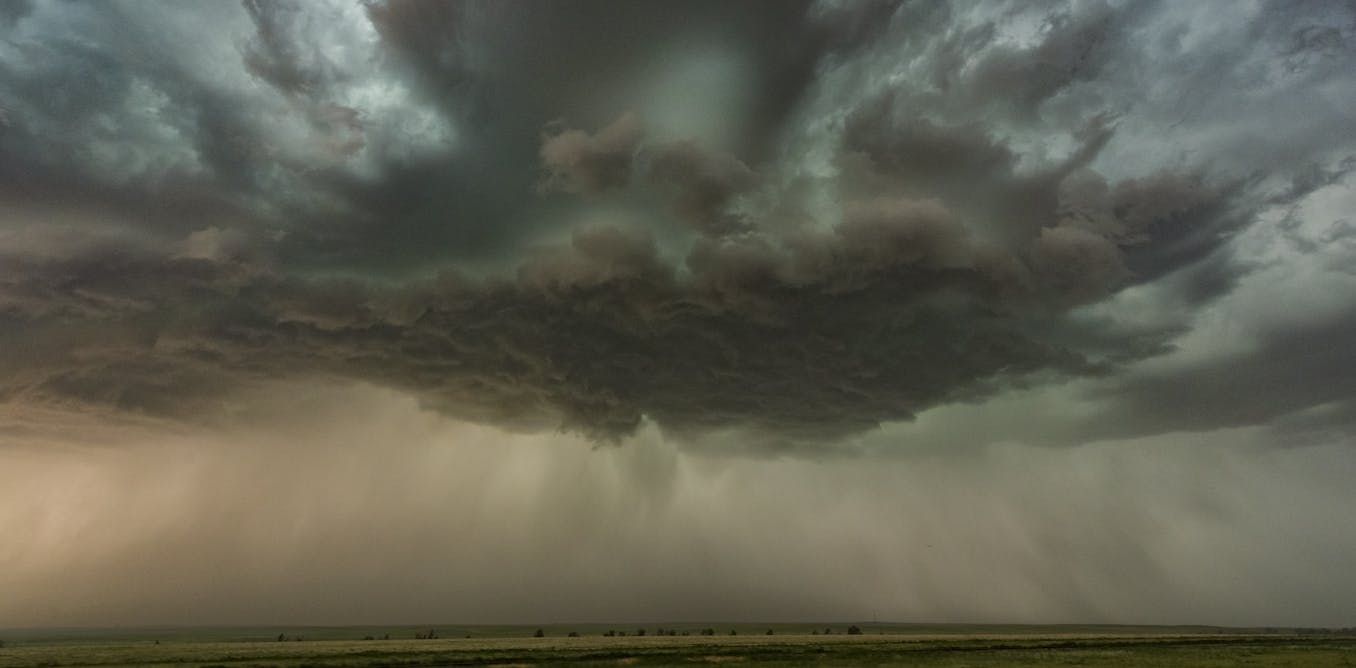That Arctic blast can feel brutally cold, but how much colder than ‘normal’ is it really?
The answer depends on how you define ‘normal.’ The baseline has been creeping up as the planet warms.
Richard B. (Ricky) Rood, Professor Emeritus of Climate and Space Sciences and Engineering, University of Michigan •
conversation
Jan. 6, 2025 • ~6 min
Jan. 6, 2025 • ~6 min




